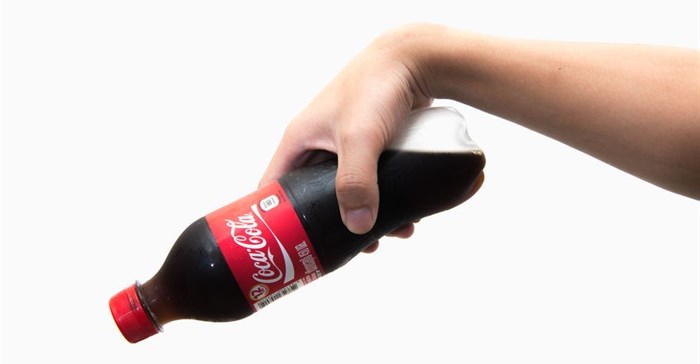
Finance Minister Pravin Gordhan announced in his February budget that the government planned to introduce a tax on sugar-sweetened beverages from April 1 2017, to combat obesity and its associated health risks. The Treasury has proposed a tax of 2.29c/g of added sugar, which is roughly a 20% tax on the average price per litre of sugary drinks.
The proposal has met stiff opposition from the beverage industry, which said earlier this year that the tax could lead to massive job losses.
BevSA commissioned the research from the economics consultancy Econex, which concluded the proposed sugar tax posed risks to the economy that outweighed its potential health benefits.
Econex MD Nicola Theron said the government had overstated the potential health benefits of taxing sugar-sweetened beverages, as demand for these products was inelastic — in other words, it was not affected by price increases — and would not fall as sharply as the Treasury’s policy paper predicted. Without a significant drop in consumption, the health benefits would be slim, she said.
Even a slight decline in the consumption of sugar-sweetened beverages would lead to up to 28,000 job losses, with a knock-on effect on the economy, she said. Econex’s analysis found the sugar tax could shave up to 0.1% off GDP during its first year of implementation.
Trade and Industrial Policy Strategies senior economist Neva Makgetla said Econex’s employment findings assumed that there was only a decline in demand for sugary drinks, but that there would also be a shift in household consumption to other goods and an increase in government tax revenues and therefore spending.
"The extent of these two other effects will vary, depending on elasticity of demand for sugary drinks: higher elasticity would see a greater shift in household spending, lower elasticity would lead to higher tax revenues. Either way, there would be a stimulus to other parts of the economy that would offset the impact on sugary beverages," she said.
"Since bottling is a capital-intensive industry, the result could actually be an increase in total employment, although more research would be required to evaluate the actual effects," she said.
Makgetla said reducing the energy content of sweet drinks should not be regarded as an alternative to a sugar tax, as both measures could be pursued.

For more than two decades, I-Net Bridge has been one of South Africa’s preferred electronic providers of innovative solutions, data of the highest calibre, reliable platforms and excellent supporting systems. Our products include workstations, web applications and data feeds packaged with in-depth news and powerful analytical tools empowering clients to make meaningful decisions.
We pride ourselves on our wide variety of in-house skills, encompassing multiple platforms and applications. These skills enable us to not only function as a first class facility, but also design, implement and support all our client needs at a level that confirms I-Net Bridge a leader in its field.
Go to: http://www.inet.co.za